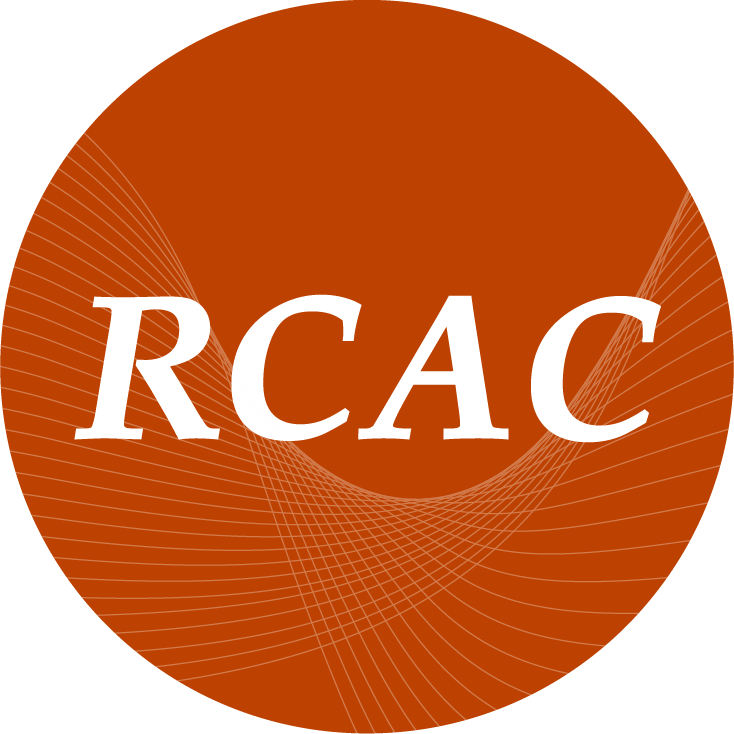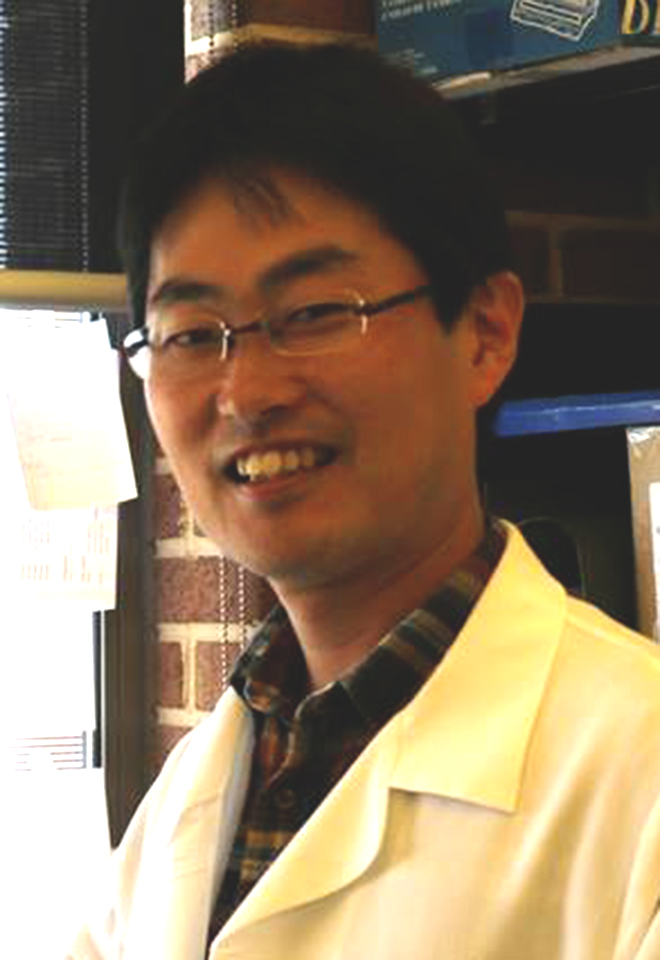My long-term career goal is to conduct independent Inflammatory Bowel Diseases (IBD) research at a university- based medical center where I can also practice clinical medicine in gastroenterology and hepatology, as well as teach graduate students, research postdoctoral fellows, medical students, residents, and GI fellows. I have received superior training clinically and in basic science to build the foundation for this career. At Shimane University Hospital, I examined IBD patients as an internal medicine, endoscopy and ultrasonography specialist, and treated them with new molecular targeted therapies. I was also involved in several clinical studies as a member of IBD medical team, investigating the diagnostic role of mucosal impedance and fecal calprotectin in IBD patients. In the hospital, I tackled several difficult clinical problems related to IBD as well as internal medicine and, after resolving the problems, I published the findings as a first- and co-author. In basic science, I have identified the dysfunction of regulatory B cells (Bregs) in IBD patients and the surface markers of Bregs in humans. In addition, I have shown that depletion of Bregs by flow-sorting exacerbate experimental colitis. These results were presented in the meetings of national IBD research committee of the Ministry of Health, Labor and Welfare (Japan), DDW 2010 (New Orleans), UEGW 2012 (Amsterdam, Netherlands), and published in 2014. Subsequently, I have investigated factors that induce Bregs and found that apoptotic neutrophils (seen in out-flow of apheresis therapy in ulcerative colitis) induce Bregs and attenuate experimental colitis. During these studies of the induction of regulatory cells, I have been interested in interactions between enteric microbiota and host regulatory cells. I have been afforded the opportunity to train as a postdoctoral research fellow in the lab of Dr. R. Balfour Sartor at the University of North Carolina (UNC), a world leader in IBD research and also an ideal physician scientist. In my time at UNC, I have developed a strong interest in understanding microbial-host and also microbial-microbial interactions, supported by the excellent cores of the NIDDK-funded Center for the Gastrointestinal Biology and Disease, such as the Gnotobiotic center and Microbiome core. In addition to these supportive research cores, I am able to take several microbiology and immunology classes, attend national and international conferences and present my research results in small informal and large conferences as a part of my training. One of the long-term goals of my research is to design targeted, low-toxicity treatment for IBD patients. Possible strategies include induction of colonic regulatory cells and correction of dysbiosis. With this research goal in mind, I will investigate mechanisms by which enteric bacteria activate host regulatory cells, especially regulatory T cells and Bregs, using flow cytometry, RNA sequence, and gnotobiotic techniques. In addition, I will study mechanisms by which microbiota that have immune-regulatory roles, including Clostridia, modulate the host immune system, and whether these regulatory microbiota inhibit other aggressive enteric microbiota. The proposed research will focus on investigating mechanisms by which certain human bacterial species modulate the host immune system and other human IBD-related bacteria drive experimental colitis. I am confident that these studies will move us closer to identifying protective strategies and treatments for IBD. They will also provide opportunities for my professional development leading toward my goal of becoming an independent investigator in a strong research-oriented academic institution studying IBD pathogenesis and novel therapies.













